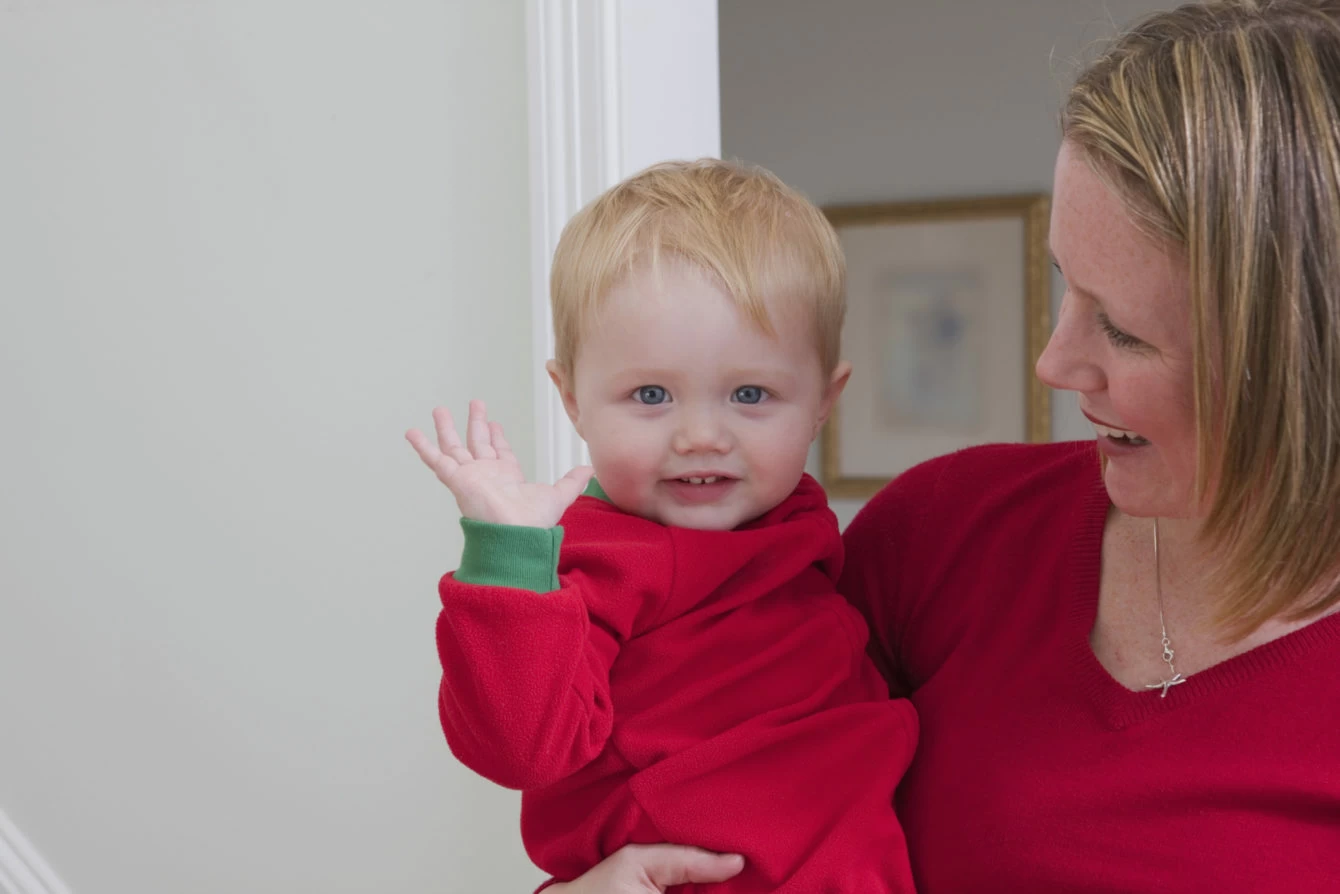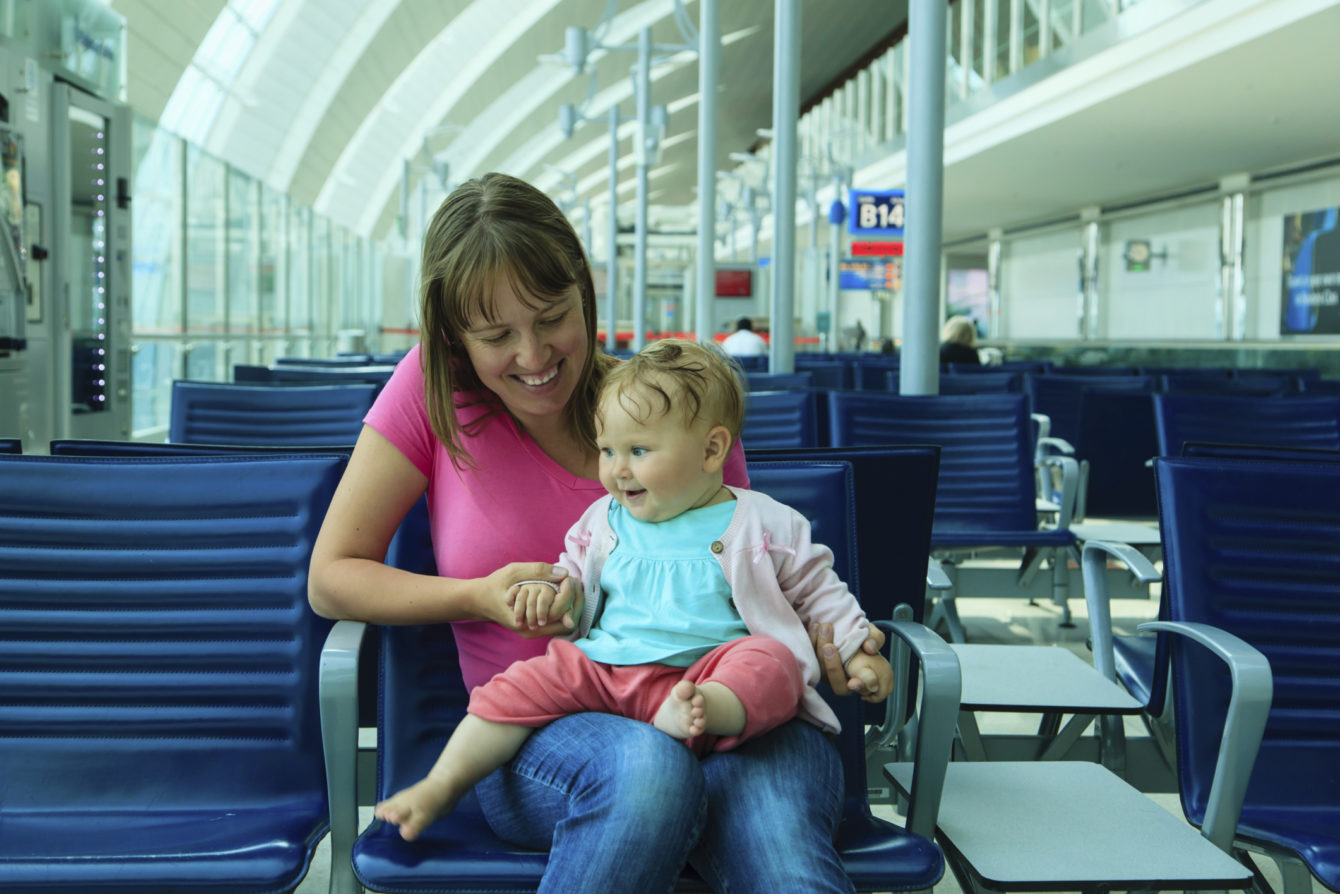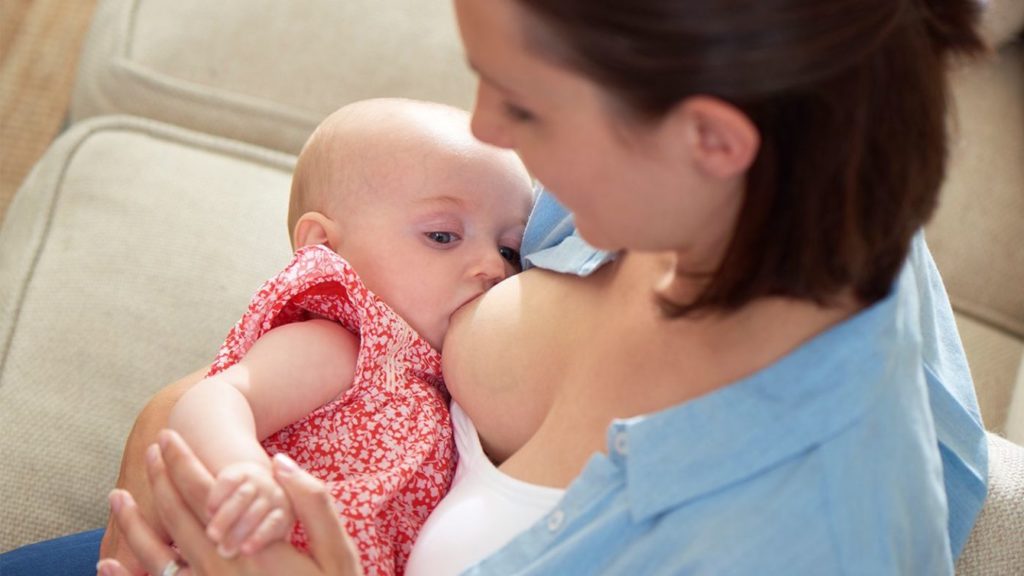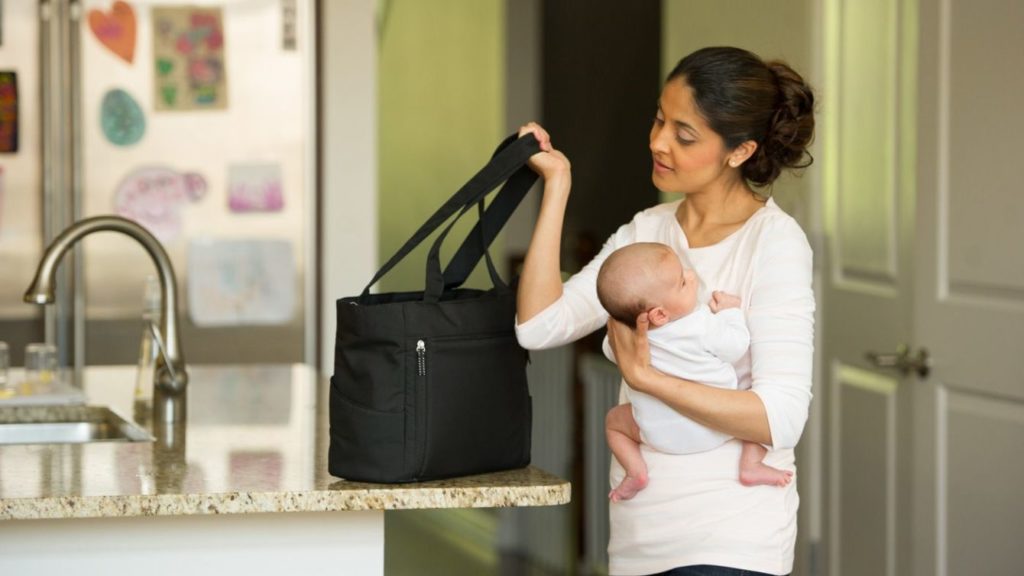Many mothers put too much pressure on themselves. Others lack confidence about their breastfeeding decisions. But, take heart moms – according to many experts, there is no true single definition of “normal breastfeeding.” In fact, when it comes to breastfeeding, everything is relative and evolving. This is shown in recent research, which has given us new insights into how babies breastfeed and how there is a wide spectrum of “normal” breastfeeding behaviour.
In addition to this enlightening new research, society’s attitudes toward breastfeeding are changing. For starters, breastfeeding is now more accepted, even in public. In many countries, including Canada, women have more legal rights to breastfeed in public or pump milk in the workplace than ever before. Just as important, these rights are more prevalent, widely known and actively enforced.
At the same time, people are more aware than ever about the benefits of breastmilk and why breastfeeding is important to give our children an advantage in life. This new understanding is helping to make people more resistant to breastfeeding myths and stereotypes.
All of these changes have combined to create a new “normal” with regards to breastfeeding. Today’s breastfeeding culture is well-informed, accepting, and flexible when it comes to the needs and preferences of babies, their mothers and families.
Let’s explore a few general concepts that help illustrate the “new normal” of breastfeeding.
Breastfeeding or Bottle – It’s Not an “Either/Or”
In previous generations, women often felt like they had to choose between breastfeeding and bottle-feeding. The “new normal” is that there is no right or wrong answer between “breastfeeding” and “bottle-feeding expressed breastmilk.” It is now acceptable for women to do both together or focus on one exclusively. For example, with the range of breast pump technologies available today, women can express milk and feed their babies breastmilk from a bottle. This allows the little ones to benefit from their mothers’ nourishing breastmilk while she continues to work, go to school, or follow her other interests away from home.
In addition, feeding solutions have become much more “lifelike!” With Calma, babies can use a similar feeding behaviour to that learned from nursing at the breast, making it easier to transition between breastfeeding and bottle-feeding.
Finally, while in previous generations, many held the perception that formula was better, today women are better-informed. It is more widely known that breastmilk provides significant health benefits for a baby on an immunological, nutritional, developmental and cognitive level.
So, especially in Canada, breastfeeding is back in fashion. According to recent statistics, in our country, about 90% of new mothers start breastfeeding when their babies are born and two-thirds of mothers combine breast and bottle-feeding by the time their babies are three months old.
In other words, widespread breastfeeding, combined with bottle-feeding of breastmilk, is becoming “the new normal.”
Parents Are More Curious and Crave Accurate Information
The Internet makes it possible for parents to access knowledge 24/7 on a range of topics, from how to raise a child to the value of breastmilk. Unfortunately, more information is not always better, especially when the Internet is full of myths and misinformation in addition to beneficial advice. As one doctor that I know once said, “You know… Dr. Google isn’t always right.”
On the positive side, websites like this one, in addition to sites like Health Canada provide accurate, fact-based information to help parents make healthy decisions for their children. Over time, the myths are being dispelled and people are recognizing that breastfeeding not only gives children a strong start, but, may also provide advantages as they get older.
All parents want their children to be as smart, healthy and resilient as possible. And, as the immunological and nutritional benefits of breastmilk become clearer, breastfeeding is becoming just another aspect of being a responsible, nurturing parent.
Breastfeeding Is No Longer a Private Affair
In previous generations, breastfeeding was often confined to the home and nursery. Today, women are more comfortable with breastfeeding in public. More educated and passionate about the role of women in the workplace and society, today’s moms are confident in their abilities and feel comfortable sharing responsibility for their baby with partners. As a result, breastfeeding in public and breastfeeding while travelling have become much more acceptable.
Partners and Spouses are More Involved
Today, breastfeeding is increasingly looked upon as a joint responsibility. Families are more dynamic and connected than ever. In addition, there is a growing sense that everyone in the family can play a role in feeding the baby. And, with many families have both parents working outside the home, there is more of a culture of sharing, where many partners want to be actively involved with bottle-feeding the baby.
Technology Has Changed Everything
Breastpump technology and breastfeeding accessories have evolved significantly to make life easier for breastfeeding moms. For starters, breastpumps are not just for hospitals anymore. Today’s breastpumps are more portable, easier to use, and better than ever before at helping moms to express milk and maintain maximum flexibility in their daily lives. Check out this article for advice on how to choose the right breastpump for your needs.
In addition to breastpumps, breastfeeding accessories and nursing bras make breastfeeding more comfortable. You can even use your smartphone to make breastfeeding easier with Apps like MyMedela. This app helps moms to track feeding times and monitor their baby’s sleeping patterns.
The Average Age for Moms is Rising
Women are having children later in life. The average age of a new mother is now approaching 30. According to Pew Research, “In Canada, this rise in births to older mothers has produced a striking turnabout: For the first time on record, birth rates are higher for women in their late 30s than in their early 20s.”
What does this mean for breastfeeding? It means that the “new normal” is being shaped by older women, who are often more confident and better able to advocate for their interests and for the needs of their babies.
The rising age of new moms as the “new normal” is changing society’s perception of mothers. Hopefully, over time, the perception of the importance of mothers as responsible leaders within the family will continue to improve.
Breastfeeding Support Systems Are Different Today
As part of our changing cultural landscape, today’s families are often more diverse and broadly defined. Families are no longer narrowly defined as a mother, father and child; today’s families include same-sex couples and blended families with step-parents and step-siblings. In many cases, families have multiple generations living in the same home.
Along these lines, grandparents often play a different role than they did in the past. In previous generations, grandmothers might have been able to dedicate most of their time to helping with the baby. They may have even lived in the same house. Today, many grandparents are still working. Others live far away, in another city or country. With this changing support system, the “new normal” for breastfeeding is that many moms and babies rely on more nurseries, babysitters, or nannies to help with the baby.
The good news is that there are more support systems than ever to help moms deal with the complexities of breastfeeding. These include community groups, lactation consultants, La Leche, and other breastfeeding support resources. There are also a lot of online support resources to help moms get advice, find experts, or organize a “moms’ night out,” with a group of like-minded new friends in their local city.
The important thing to remember is that, as a breastfeeding mom, you are never alone. There are plenty of people out there – whether it’s in your neighbourhood or online – who are happy to talk with you and help you find answers to any questions.
As parents, we’re all in this together! Perhaps this sense of greater community support and sharing of our time and knowledge is the most encouraging aspect of the “new normal” of breastfeeding.
Are you a new breastfeeding mom? Is there anything that you have found “unexpected” about the experience? Please add your thoughts in the comments section below or join the conversation on our Medela Malyasia Facebook page.























